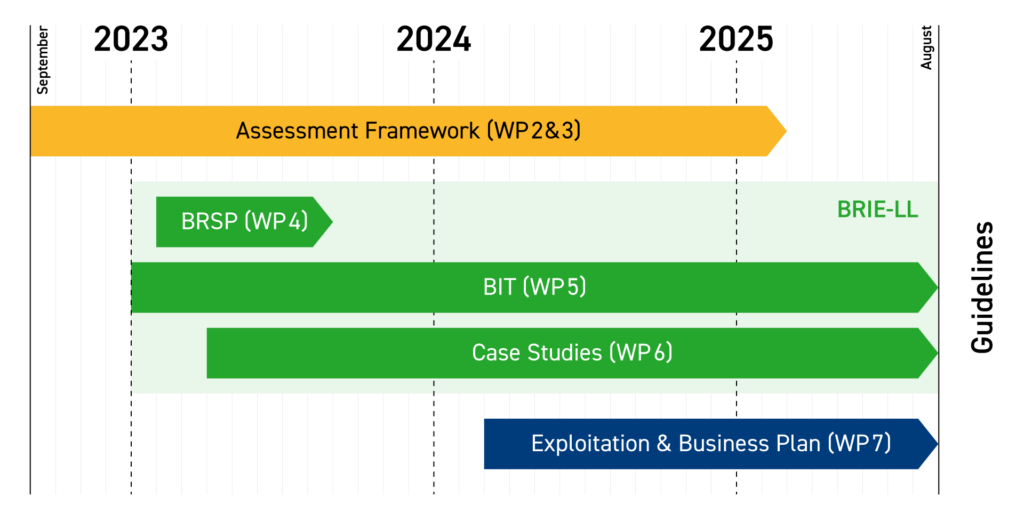- ensure the delivery of the project on time and on budget,
- guarantee an effective and efficient progress,
- deal with administrative and financial management of the project,
- continuously evaluate and monitor of the technical/impact content of the project,
- secure consistent high quality of the work to be performed,
- manage risks and issues effectively,
- ensure the overall legal, contractual and ethical management of the project.
- map the main biological feedstock flows for industrial bio-based systems,
- identify the environmental and circularity criteria to be included in bio-based certification schemes,
- develop environmental impact and circularity assessment methodologies for bio-based feedstock.
- create the T&T framework and relevant digital technologies to monitor the flow of biological feedstock throughout the supply chain,
- develop the necessary information to facilitate evaluation-correlations between certification criteria and end products resulting in digital passports and certification.
- design and set-up the BRSP to raise concerns and capture feedback,
- test and evaluate the integration of the assessment framework into bio-based certification schemes.
- turn knowledge and the Environmental and Circularity Assessment Framework into a web-based DSS,
- propose the ICT tool to all stakeholders and public bodies to be used for exploring multiple sustainability assessment alternatives for the biological feedstocks,
- technically prepare the platform to fit traceability requirements of a certification scheme.
- connect technical WPs by establishing a framework according the agile value-based innovation methods,
- apply the model in strategic sectors related to production and trade of biological resources,
- analyse the potential replicability and transferability of the model in other main European biomass flows.
- maximise the project impact amongst all the bioresources stakeholders at international level,
- define commercial interest on the KERs and analyse the solutions viability,
- prepare an exploitation plan and a specific strategy in compliance with regulations,
- develop a Strategic Roadmap for standardisation.
- position the BioReCer project as an international reference in terms of certification schemes for sustainability,
- promote and boost the relations of BioReCer partners with the bio-based value chain stakeholders and the public and private institutions related to it, including the stakeholder network entities,
- raise awareness and acceptance amongst different target audiences and stakeholder groups,
- communicate the activity developed by BioReCer and the support provided by the HEU to the society,
- disseminate generated results in order to maximise social, environmental, economic and scientific impact.

